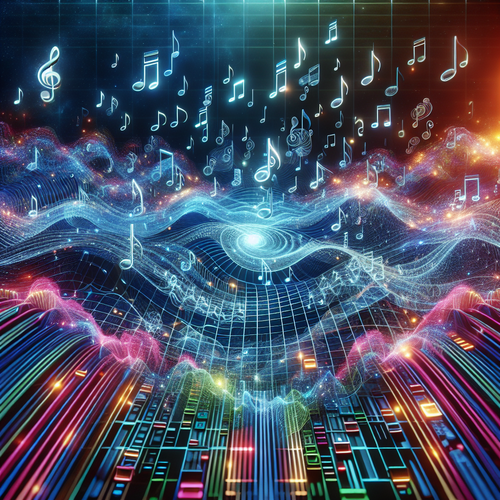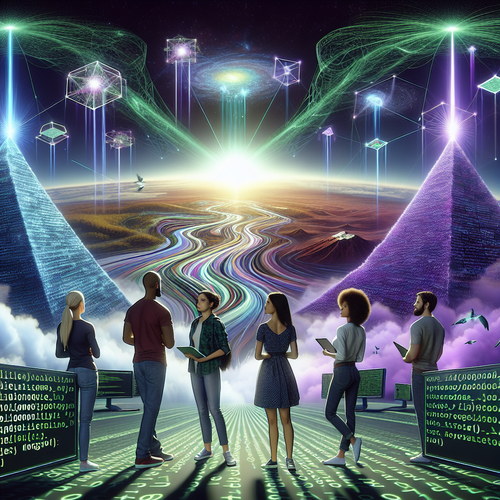
The Innovative World of AI in Music Production
The Innovative World of AI in Music Production
The integration of artificial intelligence in music production is transforming the industry by enabling new creative possibilities and enhancing the collaborative process. Artists can now tap into advanced algorithms to compose, mix, and master their tracks with unprecedented ease and efficiency. This post explores how AI is shaping the future of music production and the key technologies involved.
How AI is Enhancing Music Creation
AI technology is empowering musicians in various ways:
- Composition: AI tools can analyze vast datasets of musical styles and genres to generate original compositions. For example, OpenAI’s MuseNet can create complex musical pieces in different styles, allowing artists to experiment and innovate.
- Collaboration: Musicians can collaborate with AI as a creative partner. Tools like AIVA (Artificial Intelligence Virtual Artist) allow artists to co-create music, enhancing their artistic process.
- Music Arrangement: AI can assist in arranging songs by suggesting chord progressions, harmonies, and instrumentation, which can streamline the workflow for producers.
The Role of Machine Learning
Machine learning algorithms play a crucial role in AI-driven music production. These algorithms can learn from existing tracks to produce new compositions that resonate with listeners. By training on large datasets, they identify patterns and styles that contribute to the creation of unique musical works.
AI in Sound Engineering
Beyond composition, AI is revolutionizing sound engineering:
- Mixing and Mastering: AI tools such as LANDR provide instant mixing and mastering services, allowing independent artists to produce high-quality tracks without requiring extensive studio experience.
- Audio Restoration: AI-driven technologies are effective in cleaning up audio recordings, removing unwanted noise, and enhancing overall sound quality.
AI-Driven Music Distribution
AI is also transforming how music is distributed and promoted:
- Tailored Promotions: Platforms use AI algorithms to analyze listener data and recommend music that aligns with user preferences, helping artists reach their target audience.
- Predictive Analysis: AI can predict trends in music consumption, allowing record labels and artists to make data-driven decisions about releases and marketing strategies.
Challenges and Considerations
Despite the advancements, the incorporation of AI in music production raises several challenges:
- Creative Authorship: The question of ownership arises when AI generates music. Who owns the rights to a piece created by an AI? This dilemma requires thoughtful legal and ethical considerations.
- Quality vs. Quantity: While AI can produce music rapidly, the emotional and cultural depth that human musicians bring to their work cannot be replicated by machines.
To explore more about the intersection of AI and technology, consider reading our previous post on AI-Powered Tools in Content Creation: The Future is Here.
Conclusion
The realm of music production is evolving with AI, offering artists and producers innovative tools to enhance their creative process. As this technology continues to develop, it will undoubtedly lead to new genres, styles, and production techniques, changing how we experience and appreciate music.













